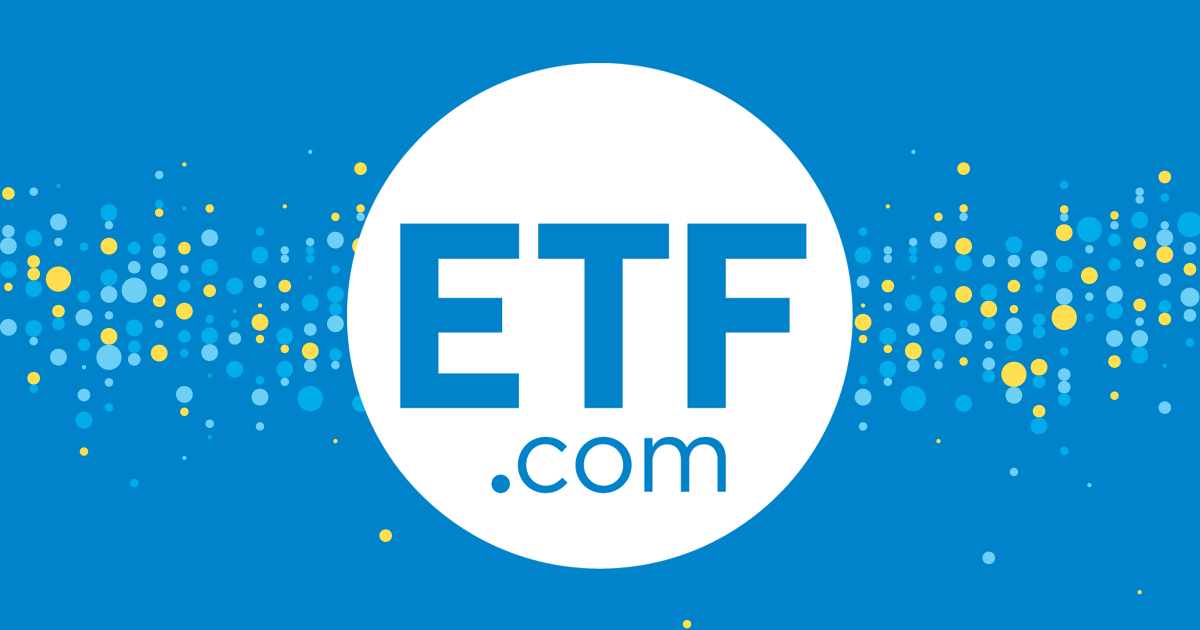As we come off one of the driest summer spells for ETF launches in years, maybe the industry has started hitting the wall for fresh ideas beyond marijuana and bitcoin products (read “Summer ETF Launch Drought Lingers”).
So, I’m happy to offer up some new product thoughts, as I’ve done before (read “ETF Ideas Free For The Taking”). They’re a mix of legitimate, fanciful and quite possibly plain bad ideas, but here they are for the taking—and with accompanying available tickers!
US Grocery Store ETF (FOOD)
One of the most overlooked parts of the food industry is the U.S. grocery store business, generating some $650 billion a year. It’s easy to forget that some of the world’s largest companies like Amazon (Whole Foods) and Walmart are huge players in this space.
The collective market cap of the top 10 public grocery store companies—a list that includes Costco, Kroger, Sprouts, Weis Markets, SuperValu, Ingles Markets, Smart & Final and Natural Grocers—offers a good base of multibillion and hundred-billion-dollar operations that also represent all parts of the country.
The only real pure-play food ETF, the Invesco Dynamic Food & Beverage ETF (PBJ), attempts to pick winning stocks in the food and beverage segment using quant screens. The $71 million PBJ is small, bringing with it a pricey 0.63% expense ratio, and invests in only two grocery store companies: Simply Good Foods and Kroger.
(Use our stock finder tool to find an ETF’s allocation to a certain stock)
Grocery stocks are not overlooked by ETFs as a whole. They are well-represented in the consumer staples sector. Costco stock, for instance, is owned by 195 ETFs, holding 32 million shares, which represents $8.7 billion of Costco’s $120 billion market cap.
But there has not been an effort to park all the major grocery store stocks in one single, exclusive basket.
Beyond the 10 grocers mentioned above, there are many other public grocery stocks that could be used in an index or active model, as well as other retailers who sell groceries but generate more revenue from general merchandise, such as Target and The Dollar Store.
US Grocery Store Sales Over From 1992 to 2017 (in billions U.S. dollars)

Source: Statista
21st Century Sportsbook ETF (BET)
One year ago last May, the U.S. Supreme Court issued a ground-shaking ruling on sports betting. The justices ruled each of the 50 states could decide whether to allow sports betting, opening the door for what could be a major revenue stream for gambling companies and state tax coffers for decades to come.
State reaction to the ruling runs the gambit, but in the 14 months since the ruling, seven states have legalized sports betting and began operations. In addition, Iowa, Illinois, Montana, Indiana, New Hampshire and North Carolina all legalized sports betting this year

